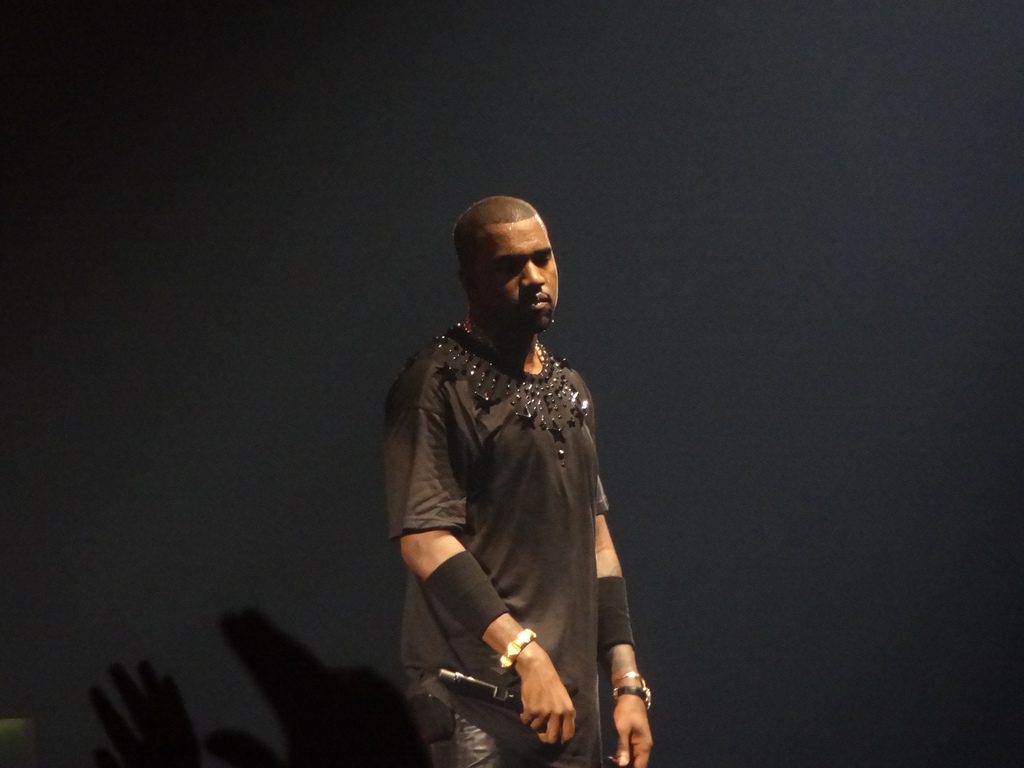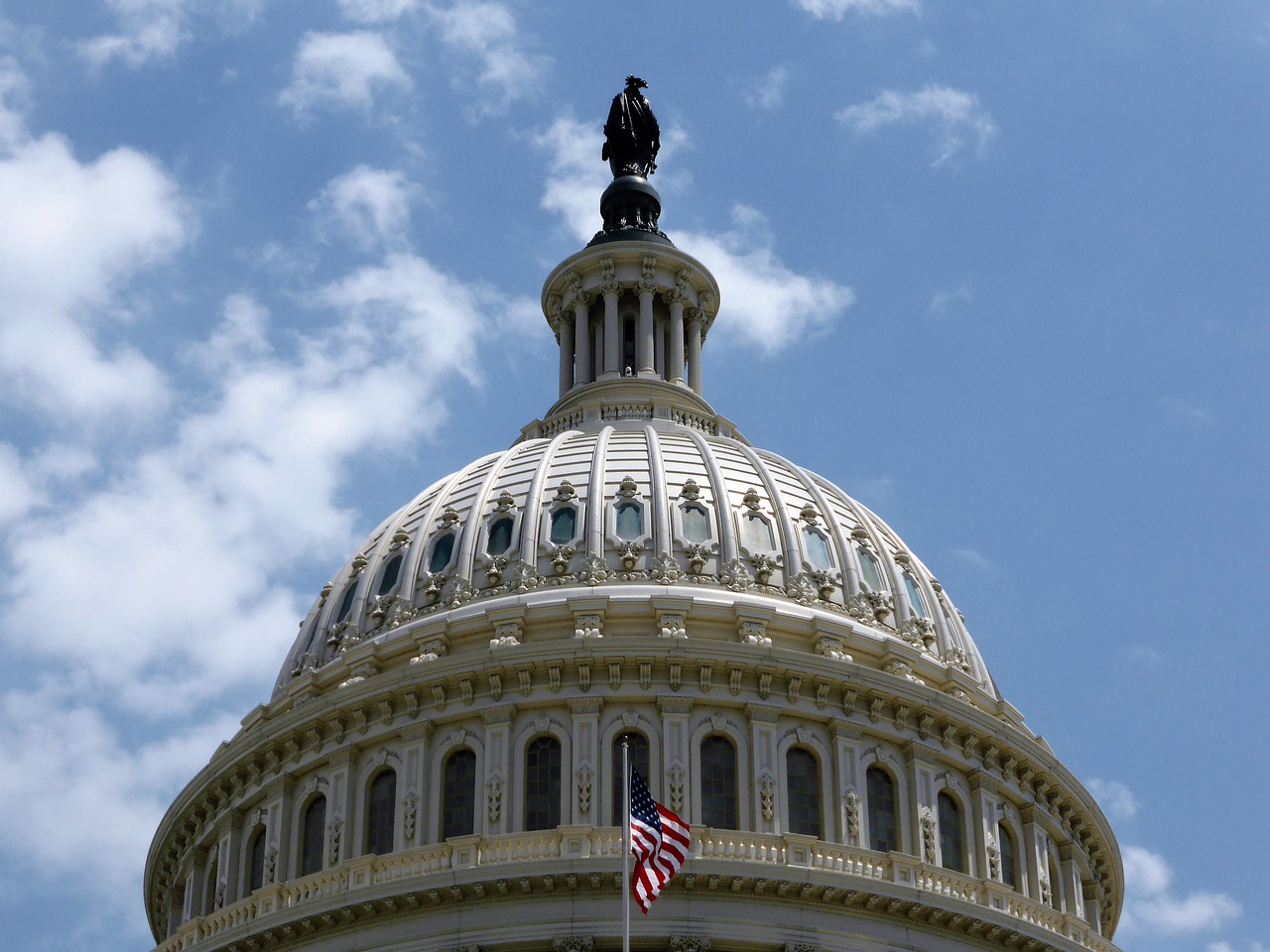Trump Told Kim Kardashian That Her and Kanye West Are Helping Him With Black Voters
On May 30, Kim Kardashian West meet with President Trump and senior advisor Jared Kushner about prison reform and pardoning Alice Marie Johnson, a 63-year-old woman who is serving a life sentence for cocaine trafficking. It was reported by Bloomberg News that during the meeting Trump told Kardashian West and her husband and hip hop artist, Kanye West, that they were the reason his popularity with black voters was boosted.
No one knows how Kardashian West responded to Trump’s claims but West has been extremely supportive of Trump, which caused a media frenzy. In April, West tweeted a selfie of him wearing a “Make American Great Again (MAGA)” hat and went on to say him and trump both have “dragon energy.”
You don't have to agree with trump but the mob can't make me not love him. We are both dragon energy. He is my brother. I love everyone. I don't agree with everything anyone does. That's what makes us individuals. And we have the right to independent thought.
— ye (@kanyewest) April 25, 2018
Due to the backlash West was getting, Kardashian West took to Twitter to defend her husband saying, “He’s a free thinker, is that not allowed in America? Because some of his ideas differ from yours you have to throw in the mental health card? That’s just not fair. He’s actually out of the sunken place when he’s being himself which is very expressive.”
At the National Rifle Association, Trump said, “Kanye West must have some power because you probably saw I double my African American poll number. We went from 11 to 22 in one week.” The poll Trump was referring to was a weekly tracking poll by Reuters.
The poll showed that is approval rating double among African American men, not the entire African American population. The data it provided saw the rating went from 11 percent for the week ending April 22 to 22 percent for the week ending April 29 among black men.
However, sampling size of the poll only consisted of 118 and 171 respondents. Reuters poll editor, Chris Kahn stated that the sampling size for the poll was “too small to reliably suggest any shift in public opinion. He went on to that the “credibility interval”, similar to a margin of error, was +/- 9 percentage points.




